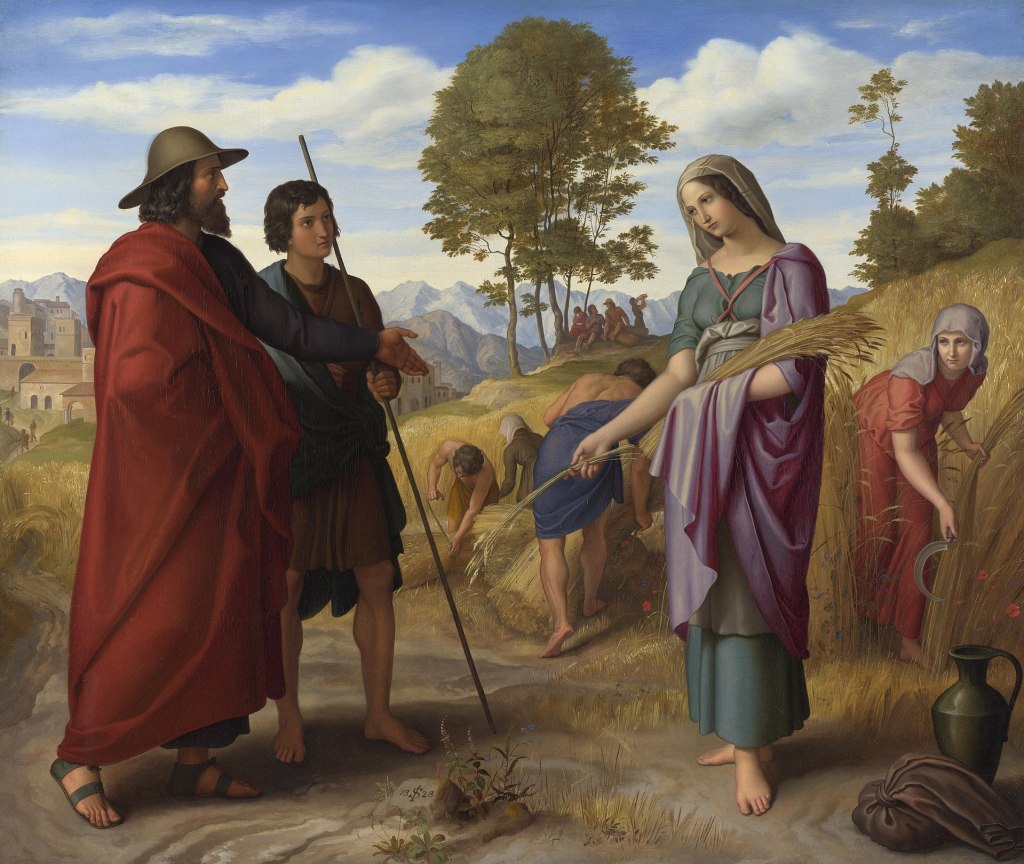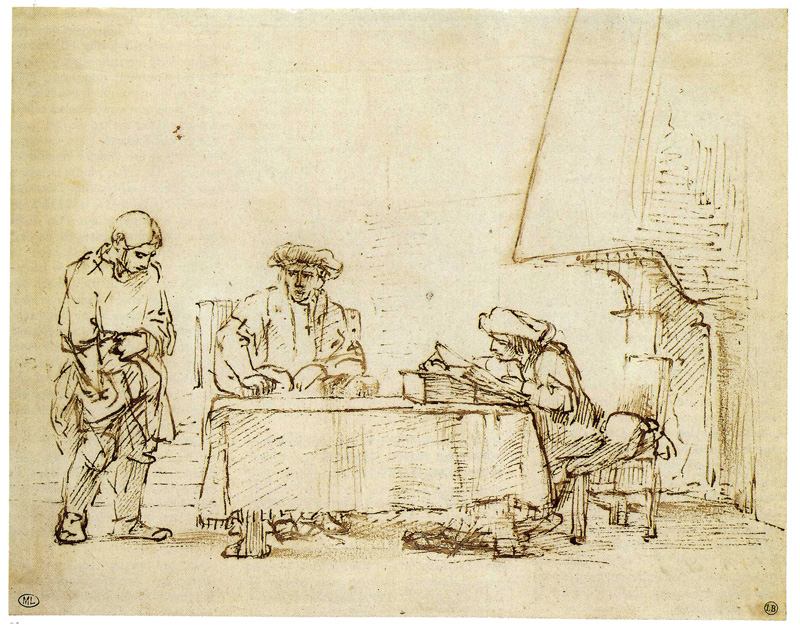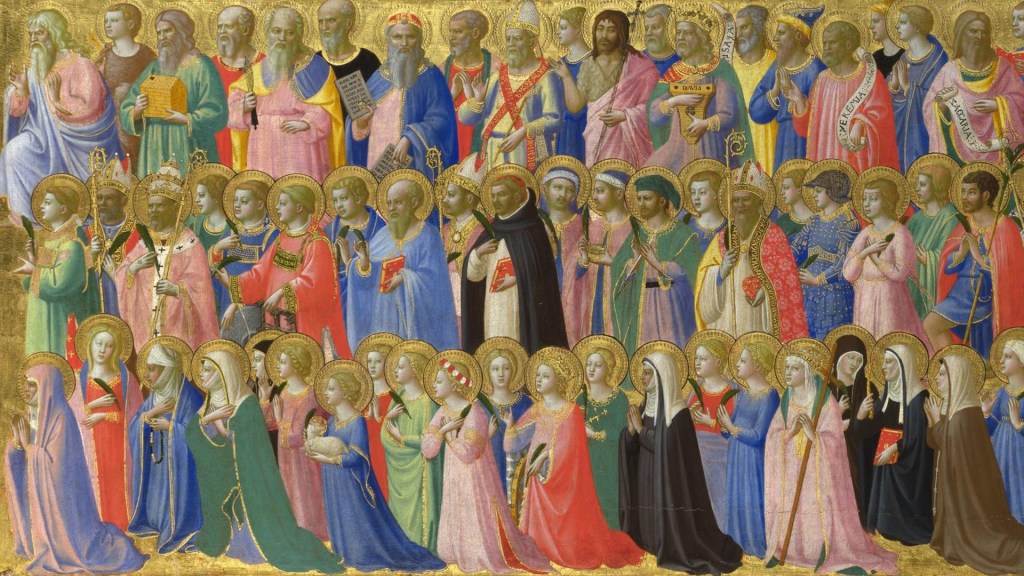We have come here this morning because something wonderful happened two thousand years ago in Bethlehem. It is the single most important event in human history, summed up in St John’s memorable phrase, ‘And the Word became flesh and dwelt among us’ (Jn 1:14 ESV). The Word, through which God spoke all creation into being, is the Son eternally begotten of the Father, who, through the power of the Holy Spirit, took flesh in the womb of His mother, the Blessed Virgin Mary. Jesus is born for us, and lives among us.
Today is a day to feel encouraged. The message of Isaiah is one of joy. The birth of the Messiah, Jesus Christ, is Good News. This is because He comes to bring true peace to humanity. Our God reigns as a little baby, lying in a manger. Christ’s gift to us is peace and goodwill to all humanity, including those of us gathered here this morning. He can give us these gifts because He, who is born for us today, will die for us. The one wrapped in swaddling clothes now, will be wrapped in linen cloths in a tomb once He has died for us on the Cross. The beginning of Christ’s earthly life points to its end to remind us of the love of God for humanity. With joy the prophet proclaims, ‘and all the ends of the earth shall see the salvation of our God.’ (Isa 52:10 ESV). Today salvation has indeed come to the whole world, for in Jesus’ Birth and Death we are saved.
The author of the Letter to the Hebrews understands that God speaks through his prophets, who look forward to the birth of the Son of God as the defining event, the turning point of human history. Prophets tell us both how things are and how they will be. We therefore have a vision of God’s future, and the hope of glory in the one who is born today. We can glimpse true glory in the vulnerable baby lying in the manger, dependant upon others for love, and food, and warmth. God’s glory confounds our expectations, and that’s the point. God’s ways are not our ways, nor are his thoughts ours. In the same way that God saves us: not because we are lovable, but so that we might become so. Humanity is saved in order to be transformed, and the Church exists to extend that transformation across space and time, through you and me, and the whole family of believers.
Such is the mystery of God’s love. It is something so wonderful that we are not able to fully understand it, but we can experience it, and through experiencing it, we are transformed by it. As the 20th century Anglican theologian, Austin Farrer wrote:
‘God does not give us explanations; we do not comprehend the world, and we are not going to. It is and it remains for us a confused mystery of bright and dark. God does not give us explanations; he gives us a Son. Such is the spirit of the angel’s message to the shepherds: “Peace upon earth, good will to men … and this shall be the sign unto you: ye shall find a babe wrapped in swaddling clothes, and lying in a manger.” A Son is better than an explanation. The explanation of our death leaves us no less dead than we were; but a Son gives us a life, in which to live.’ [Austin Farrer Said or Sung, pp. 27, 28]
St John proclaims, ‘In him was life, and the life was the light of men.’ (Jn 1:4 ESV). You may be aware that a couple of days ago the planets Saturn and Jupiter crossed paths and appeared to align, creating a bright light in the heavens. It is possible that this event may be the star described in Matthew’s Gospel. Just as the star gives light to Bethlehem and guides the wise men on their way, so Christ gives light to a world filled with Darkness. Christ is the true light, and comes to give us true life in Him:
‘But to all who did receive him, who believed in his name, he gave the right to become children of God,who were born, not of blood nor of the will of the flesh nor of the will of man, but of God.’ (Jn 1:12-13 ESV)
As Christians we are born again in our baptism, by water and the Holy Spirit. We share in Christ’s Death and Resurrection, to have new life in Him. We are in Christ, and are fed with His Body and Blood so that we may continue to be transformed by Him. Christ comes to give us life, new life, eternal life in Him. Freed from our sins and transformed by the love of God, we can live the life of the Kingdom, the life of Heaven here and now. This is ‘glory as of the only Son from the Father, full of grace and truth.’ (Jn 1:14 ESV) given to humanity so that we may live as God intended us to. To us is offered through Christ the chance to return to Eden, to see Creation restored, and all things set right through Him. This is not wishful thinking, but the reality of God’s love freely given to restore us to the fullness of life.
So let us embrace God’s love and encourage others to experience the true joy of Christmas, so that all humanity may join with the angels to sing the praise of God the Father, God the Son, and God the Holy Spirit, to whom be ascribed as is most right and just all might, majesty, glory, dominion, and power, now and forever. Amen.






